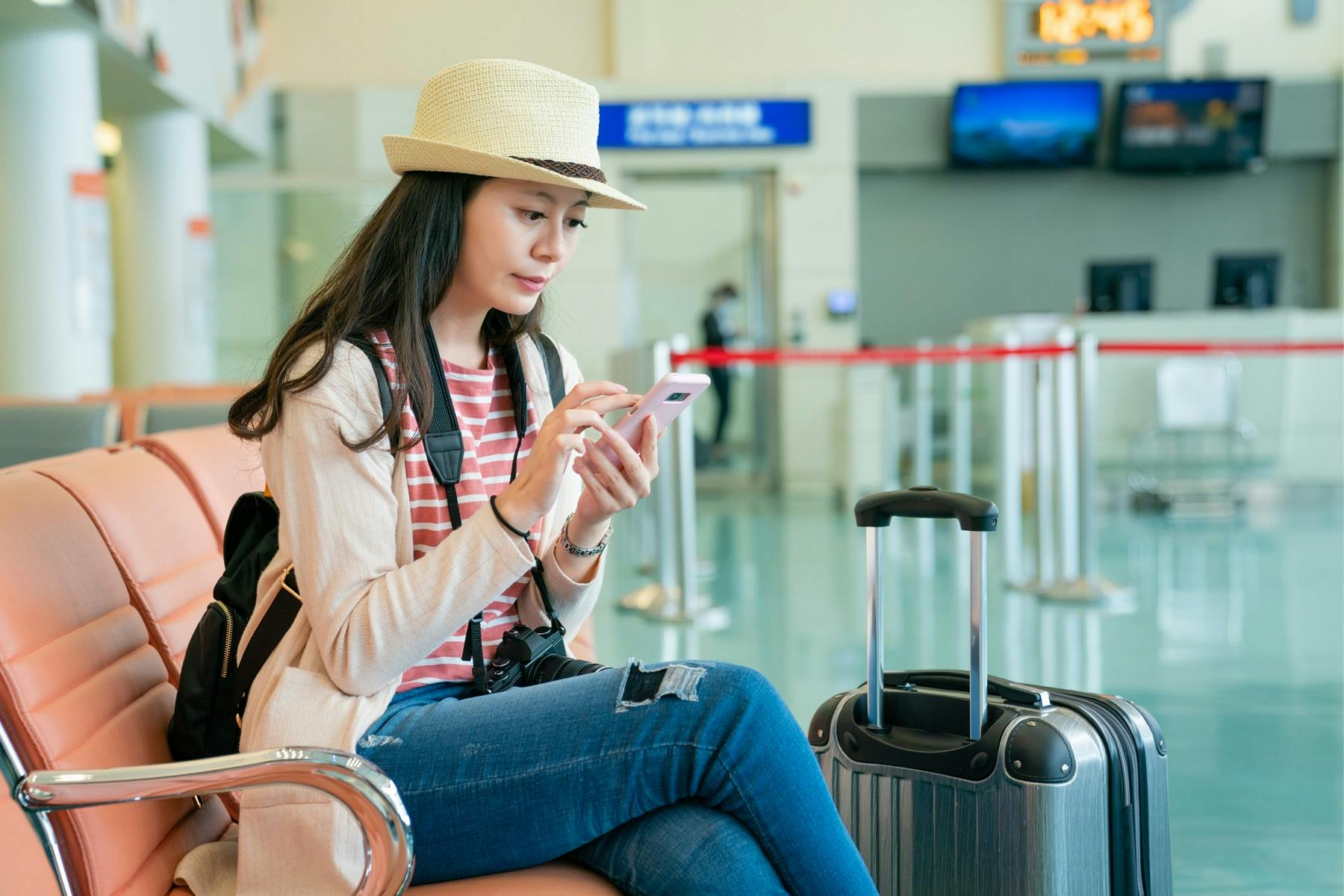Australia is one of the top destinations in the world for international students who wish to study abroad. An overseas visitor can be brought to Australia as a student to obtain a world-class education and globally recognised degree from an accredited Australian education institution.
Australia is a large and beautiful country with something to offer to everyone. Australians enjoy a great quality of life and Australia was ranked by Berkshire Hathaway Travel Protection as the 10th safest place in the world to travel in 2023-24.
Studying overseas, however, involves a great deal of planning. Knowing exactly what you need to do before you set off will make the entire process much easier.
In this blog, we will provide you with a checklist for international students studying in Australia and detail all the information you need to know to get started on your new adventure.
Preparing for Your Journey
The first part of your traveling to Australia checklist is preparing for your journey. The key to a smooth journey is taking care of as much as possible before you leave your home country. This includes obvious things like booking your flight, accommodation, opening a bank account, health insurance, and satisfying visa requirements before you set off. Let’s start with visas.
Student Visas
All student visas will be under the visa Subclass 500. Australia’s Department of Home Affairs website is a great place to start for any visa or immigration-related information. The FAQs can be especially helpful for answering common questions without contacting anyone directly.
In order to study in Australia, you’ll need to make a student visa application after you've received a Confirmation of Enrolment (CoE) from your university and a Confirmation of Cover after you purchase your OSHC. To get a CoE, you need to have already been given an unconditional offer by the university, accepted this in writing, and paid the initial deposit toward your tuition fees.
Overseas Student Health Cover
In addition to your visa, you’ll also need health insurance for the duration of your stay. International students are eligible to apply for what’s known as Overseas Student Health Cover (OSHC).
Several providers supply Overseas Health Insurance for international students and OSHC Australia allows you to compare the top insurance providers in seconds to find a quote that’s best for you.
Booking Your Flights
For many international students, Australia is on the other side of the world. So, you should book your flights well in advance and start researching your accommodation early.
Even if you have OSHC, it won't cover you during travel for things like lost baggage and missed or delayed flights, so you should also make sure you have travel insurance.
If you wish to use your current phone while in Australia, be sure to make sure it is unlocked before you travel. An internationally unlocked phone allows you to use your phone with any SIM card. This way, once you are in Australia, all you have to do is choose a provider and swap out your old SIM card for the new one.
Opening a Bank Account
In some cases, you can open up a bank account before you arrive, but most banks will still require you to go into a branch in person after your arrival.
Opening up a bank account is relatively simple and all you’ll need is a photo ID, proof of address, and your acceptance letter from the university.
Important Documents
When you arrive at the airport in Australia, you may have to produce evidence of your right to stay in the country. In addition to your passport, you should have your visa and evidence of your OSHC readily available.
It is not advisable to bury this documentation deep within your luggage. Keep it near you so you can quickly retrieve it at border patrol and not hold up the line.
If your passport is set to expire within the next 12 months, be sure to renew it before you move to Australia. It will be more difficult (and expensive) to renew your passport once you are overseas.
In the final days before your departure, double and triple-check that you have all the necessary documentation ready. This includes your passport, visa, plane tickets, any vaccination records (if applicable), and driving license from your home country.
Pre-Departure Checklist
Your student visa checklist should also include a detailed pre-departure guide to ensure the process goes smoothly.
Be sure to bring:
- your passport (valid for the entire duration of your stay)
- a copy of your student visa
- proof of your OSHC
- a printout of your electronic Confirmation of Enrolment (CoE)
- your university acceptance letter
Packing Checklist
Obviously, you will not be able to bring everything from home with you. But you will easily be able to find everything you need once you arrive in Australia.
Your essential packing checklist for international travel to Australia should include:
- all of the above-mentioned official documentation: passport, visa, offer letter, OSHC etc.
- at least $100AUD cash (for good measure)
- summer clothes
- a warm coat
- travel adaptors for your electronic items
- credit card (or Australian bank card)
- personal items
Before you pack, research which city you are studying in and its diverse climate.
Understanding Australian Climate
How you pack will depend considerably on what city you’re studying in. For example, Melbourne, Sydney, Canberra, Perth, and Hobart all get deceptively cold in the winter. However, in cities like Brisbane, Gold Coast, and Darwin, you should pack lighter clothing for their warmer climates.
If you are coming from the northern hemisphere, bear in mind that arriving in December or January ahead of the start of the school year means that it will be summer. So it may be worth it to bring more summer clothes and purchase winter clothing in Australia as you settle in.
Resources and Support for International Students
Traveling alone to a new country can be overwhelming at first. But rest assured that you will not be alone. There are many resources and support facilities available to you, ranging from your home country’s embassy and university assistance programs to healthcare services.
Universities provide a host of support services, from academic advisors to cultural clubs, to help you settle in. Additionally, understanding healthcare in a new country can be confusing.
OSHC offers health coverage to give international students peace of mind during their stay. Our overseas student health cover gives you access to essential medical services throughout your studies in Australia.
With OSHC Australia, you can focus on your studies knowing you're well-supported for both your academic needs and overall well-being. For more information, visit OSHC Australia.





